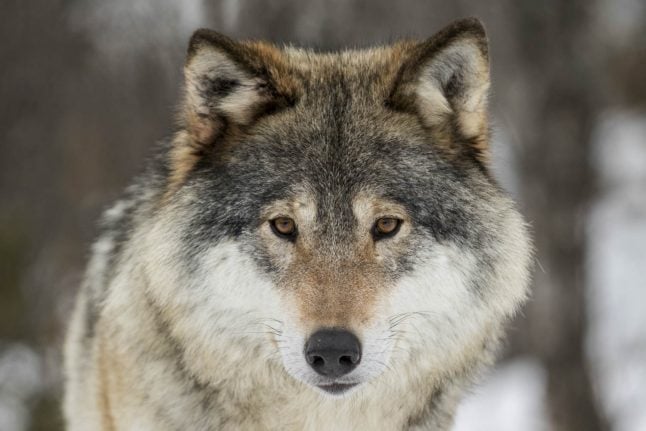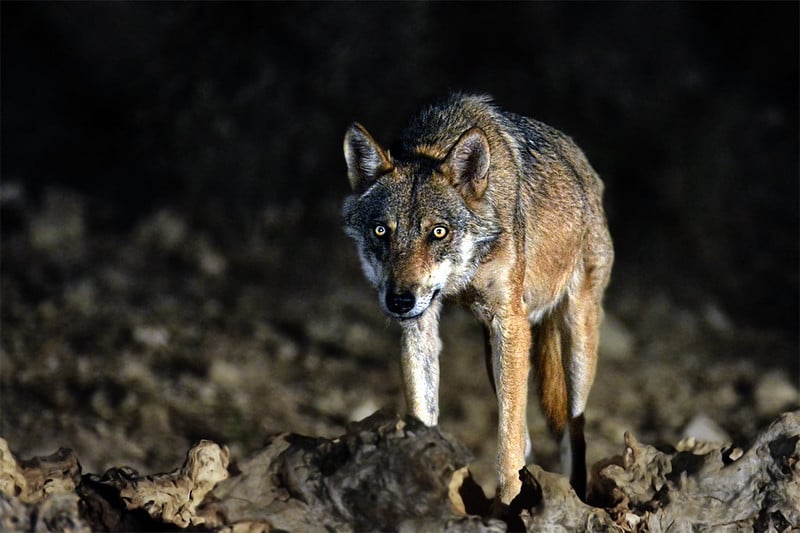The pole, carried out by InFact on behalf of broadcaster NRK along with a number of local newspapers, shows a swing away from the party in both Hedmark and Oppland counties.
Høyre’s main parliamentary candidate for Hedmark County Kristian Tonning Riise told NRK that he believed the lost ground could be the result of a recent debate on control of wolves in Norway, in which a parliamentary proposal on wolf control was not supported by Høyre, resulting in the culling of 47 wolves being reduced to 15.
Support for the party has dropped by seven percent in both Hedmark and Oppland, according to the poll.
Tonning Riise told the broadcaster that one of the reasons could be the debate over wolves which took place over the course of the winter.
Many people were unhappy that a parliamentary proposal on wolf control was not supported by Høyre’s environment minister Vidar Helgesen.
“When Høyre loses voters there is a small transfer to other parties, but even more who are sitting on the fence. The effect has probably been a bit greater in Hedmark, where the wolf issue was one thing that created frustration with us,” said Tonning Riise.
According to the poll, the main winner in the swing of support is the agrarian Centre Party. Support for the nationalist Progress Party (Fremskrittspartiet), the other party in the coalition government, halved in the two counties.
The two parties, along with Labour (Arbeiderpartiet) and the Christian Democrats agreed on a new wolf deal outlining population sizes in March.
READ ALSO: Norway's wolf population nearly doubled
Lise Berger Svenkerud, leader of the Høyre party in Hedmark county, told NRK that she did not believe wolves would still be a key issue come the general election in September this year.
“I don’t think, when it comes down to it, that this will cause people with a considerable preference for Høyre to change viewpoints when they go to the polls. We have so many other good policies, and that is what people will notice,” said Berger Svenkerud, who, along with Tonning Riise, took part in a January march against the government’s policy on wolves in Oslo.
“The wolf issue has been difficult for us, and is possibly a mark of arrogance that many have reacted to. But I think that many have noticed that we in Høyre Hedmark have been quite prominent on this issue,” said Tonning Riise.
Sheep will soon be released for pasture in the region, reports NRK, and there could be consequences for the election if the lack of a wolf cull results in many farm animals being killed.
“I hope people see that we have been prominent, and that when you vote it is representatives in the regional parties that are being voted for. I hope those that have followed the wolf issue can see that I and others on the Hedmark list have been clear on this,” Tonning Riise said.



 Please whitelist us to continue reading.
Please whitelist us to continue reading.